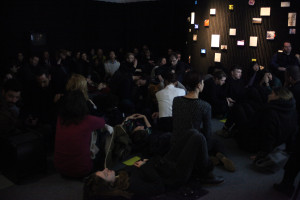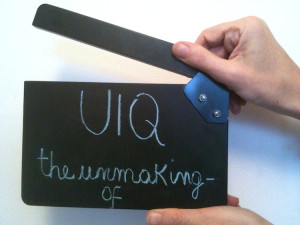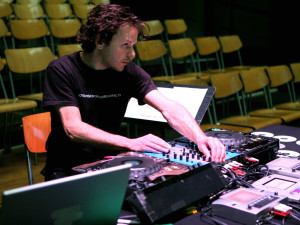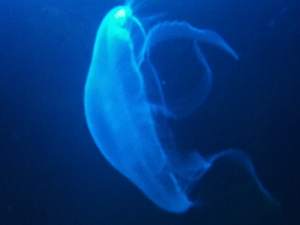
Sci-fi futures and the production of subjectivities
Saturday 7 March 2015, 3–6pm
Free, but booking essential. Please bring proof of registration with you.
‘Here, then, is a first type of stitch or seam: when science-fiction authors extend, amplify or fabulate with a hypothesis. When what they are exploring is the unexpected manner in which a small difference can produce enormous changes in the way things are and when they pursue and at the same time create the consequences of such a difference. It is then that science fiction becomes a historico-socio-cultural experiment. Like scientific experiments, it gives all due importance to the question “what if?”, and to creating the kind of differences that can make a real difference. Like the sciences, science-fiction manages in this case to complicate things, take risks. The counterfactual hypotheses it forges are occasions for learning, whereby the author creates the possibility of envisaging other ways of being “humans” in other worlds - ways that affect their bodies, feelings and thought, so that what we might regard as “normal” becomes material for investigation that the story puts into question.’
Isabelle Stengers, Disorientations
Beginning from Stengers’ proposition, Nina Power, The Otolith Collective, Graeme Thomson and Silvia Maglioni engage in a visual conversation on the role science-fiction can play in subverting and expanding our affective and political horizons, splicing their reflections with examples from their own image repertories.
This is an Infra-quark Event to accompany the exhibition Graeme Thomson and Silvia Maglioni: it took forever getting ready to exist: UIQ (the unmaking-of).
Related

Event
What do you mean by the?– An infinitely small talk as dinner began to break up
–

Event
eRikm: ElectroA (musique électroacoustique improvisée)

Event
UIQ in Love_A Love of UIQ: Between Translation and Transduction
–

Event
In Search of UIQ: It took forever getting ready to exist Part 1 Screening and Discussion

Exhibition
Graeme Thomson and Silvia Maglioni: it took forever getting ready to exist: UIQ (the unmaking-of)
–
Sci-fi futures and the production of subjectivities
Audio
Sci-fi futures and the production of subjectivities